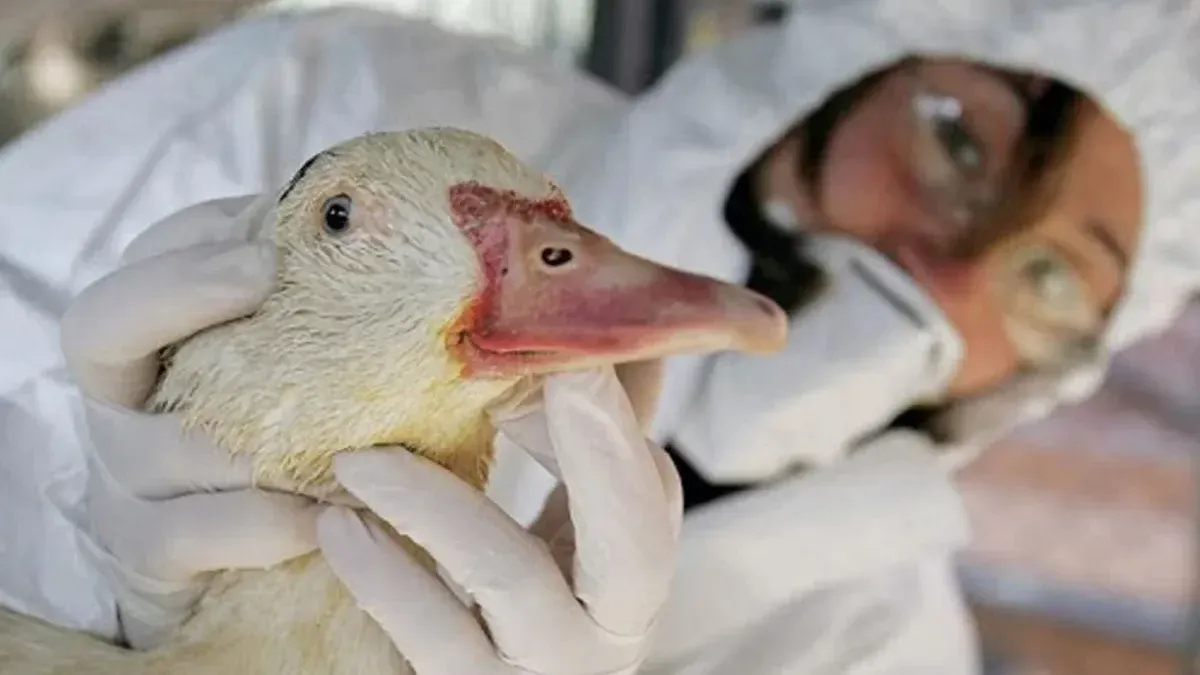It’s about a “coordinated program of sanitary barrier that allows to continue supplying the internal and external markets”, Massa stated at a press conference together with the Secretary of Agriculture, Livestock and Fisheries, Juan José Bahillo, the president of Senasa, Diana Guillen; and the vice president of Senasa, Rodolfo Acerbi.
In this sense, Bahillo specified that this budget reinforcement of $909 million seeks to improve the presence and territorial control of avian influenza and financial compensation for the replacement of affected birds.
avian flu.jpg
In sanitary terms, Senasa works with the national and provincial areas of fauna and environmentnational parks, public and private entities that contribute to the monitoring of settlement areas of wild birds and their eventual notification.
Among other measures, the holding of exhibitions, fairs, events and recreational activities that involve concentration and movement of domestic, ornamental and wild birds for any reason and purpose is prohibited throughout the country: as well as the distribution or sale of live birds in fodder shops, agricultural or veterinary.
Likewise, it was established that in the absence of sanitary documentation that supports the movement of live birds for any reason and purpose, their intervention will be carried out, and immediate confiscation can be carried out.
Along the same lines, extraordinary measures were established to authorize the entry of avian genetics into the country and its transfer within the territory, regardless of the health situation of the exporting country.
Source: Ambito




